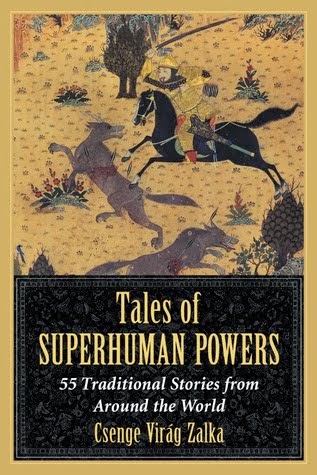(No, really, who is it? I have always wondered.)
Saint Aloysius (known endearingly as Saint Al's) Catholic School took me up on my offer to adopt them as a storyteller, and they are giving me all kinds of great stuff to do. I did three hours of Greek Mythology on Monday in 6th and 7th grade, also known as Percy Jackson Fan Club. The kids were the audience every storyteller dreams of (they literally cheered every time a familiar god or creature was mentioned), and I got to tell some of the stories I have not told in a while - Dionysus and the pirates, Momus, and the alternate myth for Achilles' heel that I researched for my book. I also snuck in some Roman mythology, since some of the girls claimed that the Romans stole everything from the Greek. Bah. All in all, I had a great time.
Today I went back to 7th grade to tell saints' legends in religion class, and I discovered something new:
It is a special privilege for a storyteller to tell to an audience that takes every word as truth.
I have always wanted to tap into saints' legends; I was raised Roman Catholic, after all, and one of the additional benefits of that is that it comes with an endless supply of stories, ranging from really amazing to really weird. But somehow, I never got around to actually doing a full storytelling performance of them, and I have always wanted to try. And what better place for a test run than a Catholic school and a roomful of 7th graders?
I selected saints that I personally like, and also saints that have a connection to Hungary, in the hopes that they would be new to the students, and maybe for the teacher as well. I started with St. Martin (who was born in Pannonia), then digressed to St. Helena (who is the patron saint of archaeology), and then even though I only had half an hour left I still managed to cram in St. Elizabeth of Hungary, and St. Margaret of Scotland (who was also half Hungarian). As I was working my way through the stories, from origins through miracles and relics, it started to dawn on me that this time, maybe for the first time in my career, the kids were not listening to the stories as stories - they were taking them all at face value, as they are taught in religion class. To them, everything I was saying was completely true. I was not sure at first what to do with that - being religious myself, but also a storyteller that pokes and prods at stories and symbols until they show their layers - but as the stories progressed, I felt like I was incredibly lucky to have this experience. When the bread in St. Elizabeth's apron turned into roses, the entire class gasped at the miracle. When I told the story of St. Helena finding the Cross, they all wanted to know where it is now (which led to a whole discussion of how relics work, and I am proud to say, I escaped without my foot in my mouth on that one). All in all, it was a new experience.
I am looking forward to seeing what else storytelling at St. Al's is going to teach me.
Thursday, October 3, 2013
Subscribe to:
Post Comments (Atom)







No comments:
Post a Comment